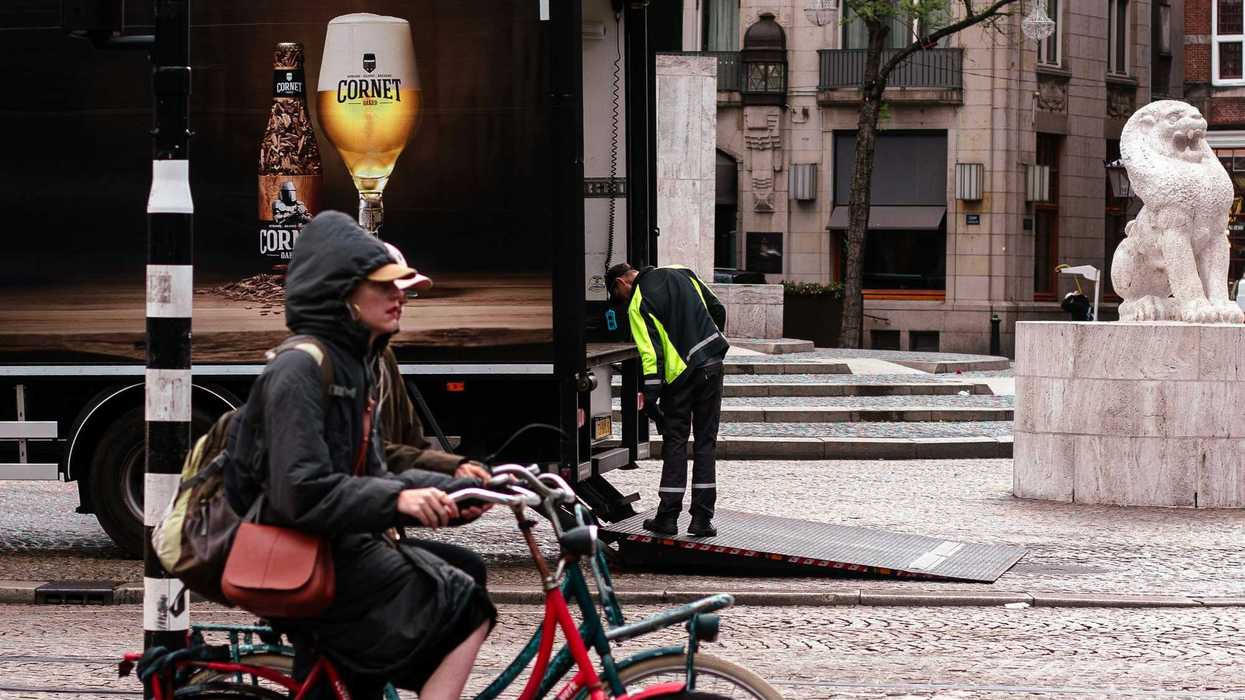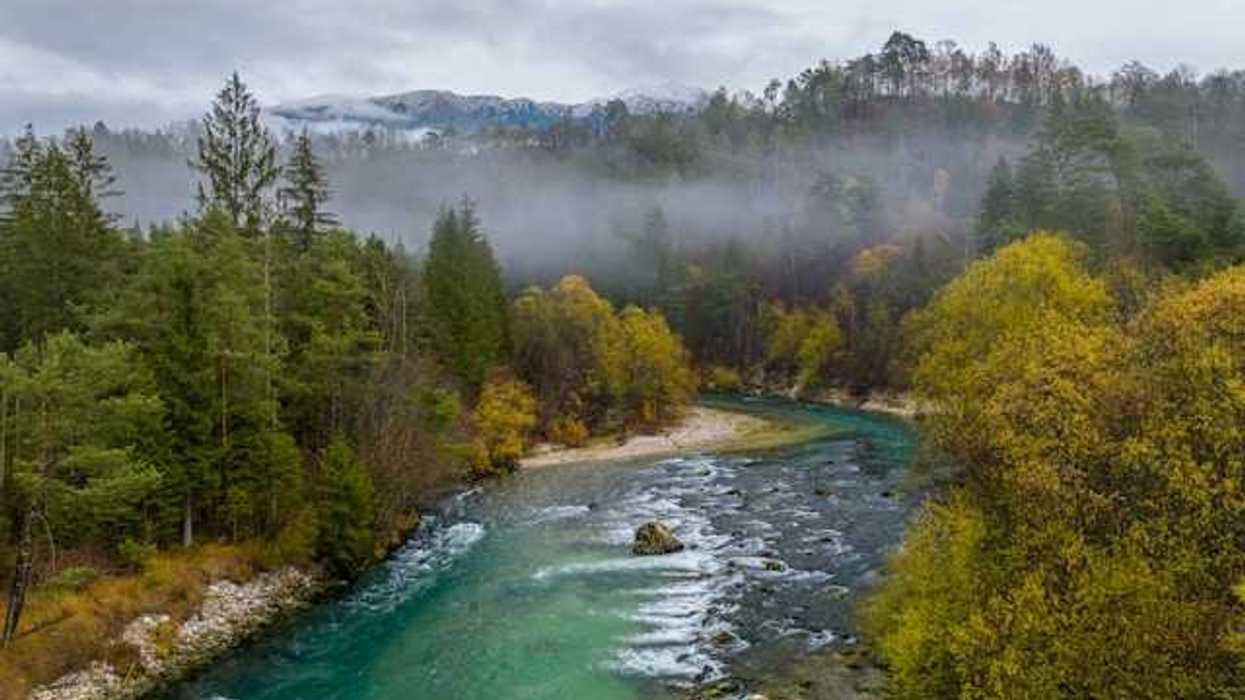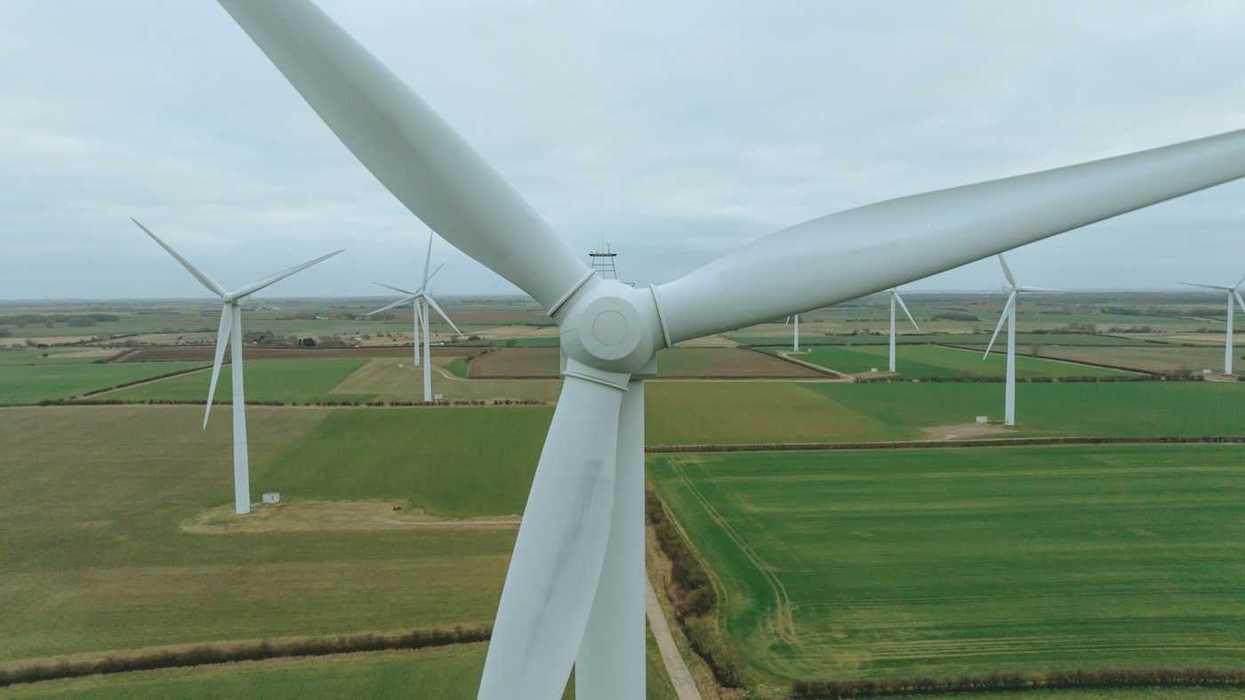Landowners in the Solomon Islands are suing several international companies for damages after a 2019 oil spill contaminated water, killed wildlife and disrupted their way of life.
Ben Doherty reports for The Guardian.
In short:
- In 2019, the MV Solomon Trader ran aground near Rennell Island, spilling over 300 tonnes of oil, damaging reefs and making water sources undrinkable.
- Landowners and the Solomon Islands government have filed a lawsuit against five companies, including the vessel’s Hong Kong-based owner and its South Korean insurer.
- An independent report found it could take up to 130 years to fully recover from the spill’s impact.
Key quote:
“For six years we have not known whether the fish we are eating are safe to eat or whether our lands and waters are free of poison.”
— Tony Kagovai, local chief of Lughu Ward
Why this matters:
Oil spills leave behind a trail of destruction that can last for decades, seeping into fragile ecosystems and disrupting the lives of communities that depend on clean water and marine resources. The environmental toll is severe — coating coastlines with toxic sludge, suffocating marine life and poisoning fish populations that sustain local economies. For Pacific island nations, where fishing is not just a livelihood but a cultural cornerstone, the consequences are particularly dire. As the climate crisis intensifies and industrial activity expands, questions about responsibility and reparations are becoming harder to ignore.














